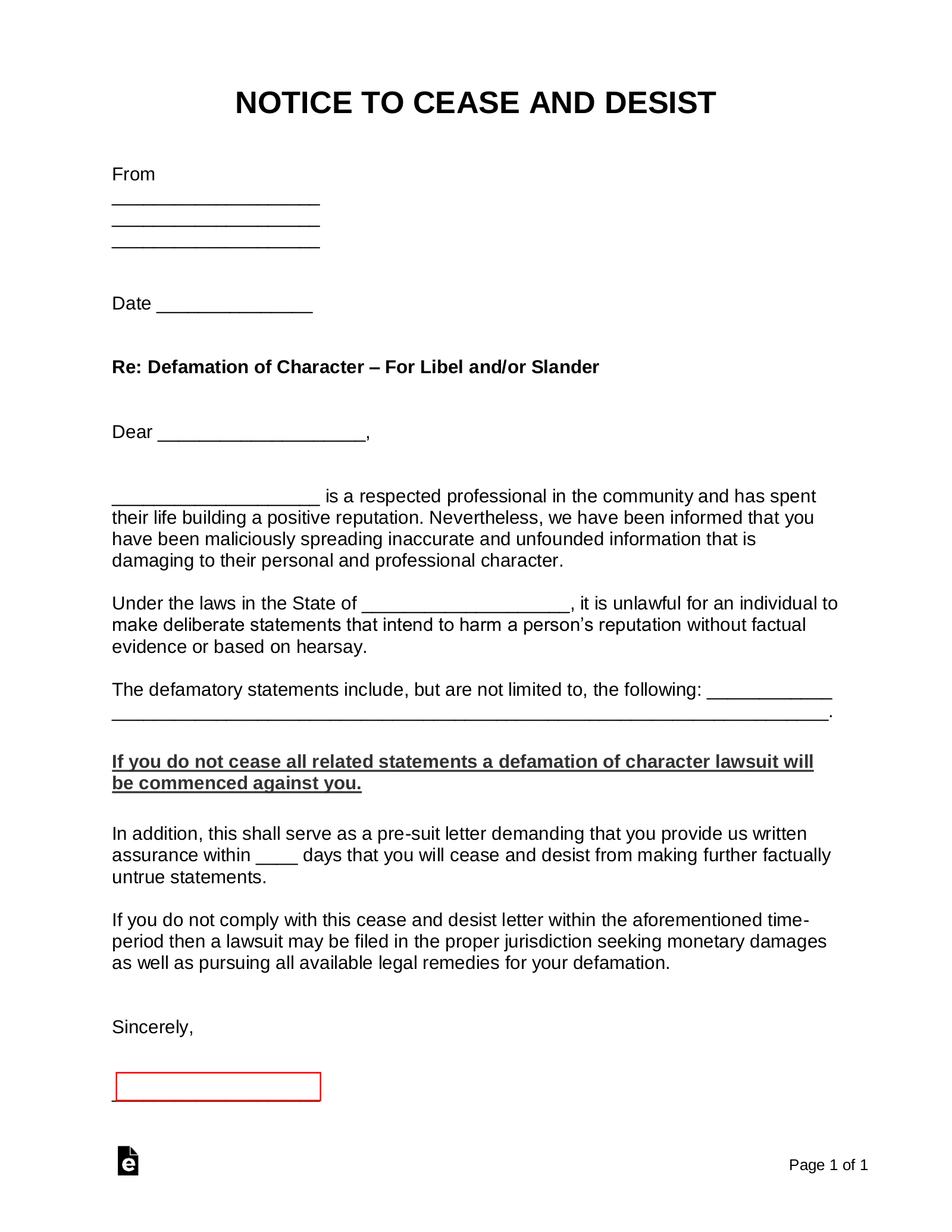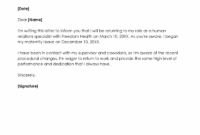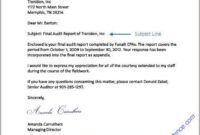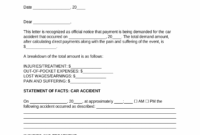It can be incredibly distressing and damaging when false statements are spread about you, whether personally or professionally. Slander, the act of orally making false and damaging statements about someone, can tarnish reputations, harm relationships, and even impact your livelihood. Knowing how to address such a serious issue effectively and formally is crucial, and often, the first step involves a strong, clear communication.
That’s where a cease and desist letter comes into play. It serves as a formal warning, informing the slanderer that their actions are known, unacceptable, and must stop immediately. While not a lawsuit itself, it signals your intention to protect your rights and reputation, potentially escalating to legal action if the slander continues.
Understanding Slander and Your Legal Rights
Slander refers to spoken defamation, meaning false statements that harm someone’s reputation, cause public ridicule, or negatively impact their business or personal life. Unlike libel, which is written, slander is delivered verbally. Proving slander often requires demonstrating that the statement was indeed false, was communicated to a third party, was made with some level of fault, and caused actual harm. It’s not just about hurt feelings; it’s about provable damage to your good name.
When you’re the target of slander, your initial reaction might be anger or confusion, but understanding your legal standing is paramount. You have a right to protect your reputation from malicious falsehoods. Collecting evidence, such as dates, times, specific statements made, and names of witnesses, becomes incredibly important. This documentation will be the backbone of any action you decide to take, including sending a formal letter.
A cease and desist letter acts as a powerful deterrent. It puts the slanderer on notice that you are aware of their actions and that you are prepared to pursue legal remedies if the defamatory conduct does not stop. It’s often the most cost-effective and quickest way to resolve the situation without immediately resorting to court battles, which can be time-consuming and expensive. This initial step can often be enough to halt the damaging behavior.

Moreover, sending such a letter demonstrates to any future court or mediator that you attempted to resolve the issue amicably before escalating. It shows good faith and a clear effort to mitigate the damage. Crafting a precise and firm document is essential to convey the seriousness of the situation. This document should leave no doubt about your demands and the consequences of non-compliance.
Key Elements of a Strong Slander Cease and Desist Letter
To be truly effective, a cease and desist letter regarding slander should meticulously include several vital components:
- Sender and Recipient Information: Clearly state who you are and who the letter is addressed to, including their full names and contact details.
- Clear Statement of Slanderous Acts: Explicitly describe the false and defamatory statements made, leaving no room for misinterpretation.
- Dates and Locations of Slander: Provide specific details about when and where the slanderous statements were uttered. The more precise you are, the stronger your case.
- Demands (Stop, Retract, Not Repeat): Clearly state that the recipient must immediately cease all defamatory communications, retract any false statements made, and refrain from repeating or spreading similar falsehoods in the future.
- Consequences of Non-Compliance: Warn the recipient of the legal actions you are prepared to take if they fail to comply, such as pursuing a lawsuit for damages or injunctive relief.
- Reservation of Rights: Explicitly state that you reserve all your legal rights and remedies.
- Deadline for Response: Set a reasonable deadline by which the recipient must comply with your demands or respond to the letter.
Crafting Your Effective Cease and Desist Letter
When you’re putting together a cease and desist letter template slander specifically, the tone and content are critical. It should be firm, professional, and unambiguous, avoiding emotional language that could detract from its legal weight. The goal is to convey seriousness and a clear understanding of the law without sounding aggressive or accusatory in a way that could backfire. Remember, this letter is a legal document, and its professionalism reflects your resolve.
Be as specific as possible about the slanderous statements. Instead of vague accusations, detail exactly what was said, to whom it was said, and when. For instance, "On [Date], you told [Name of person] at [Location] that I was involved in [specific false claim]" is far more impactful than "You’ve been saying bad things about me." This level of detail helps prevent the recipient from claiming ignorance or misunderstanding.
The "cease and desist" portion must be crystal clear. It’s not enough to simply ask them to stop; you need to demand that they immediately halt all present and future acts of slander against you. You might also demand a retraction of past statements, especially if they were made to influential parties or caused significant harm. This ensures that the damaging information is not only stopped but also potentially undone.
Finally, consider how you will deliver the letter. Sending it via certified mail with a return receipt requested provides proof that the letter was sent and received, which is invaluable if you need to pursue further legal action. Keep a copy for your records, along with all evidence supporting your claims. While a cease and desist letter template slander can be a powerful tool, it’s always wise to consult with a legal professional to ensure it fully protects your rights and maximizes its impact.
Taking proactive steps to address slander is not just about defending your reputation; it’s about asserting your right to dignity and truth. A well-drafted cease and desist letter can be an incredibly effective initial response, often resolving the issue without the need for prolonged legal battles. It sends a clear message that you will not tolerate false accusations and are prepared to protect yourself.



